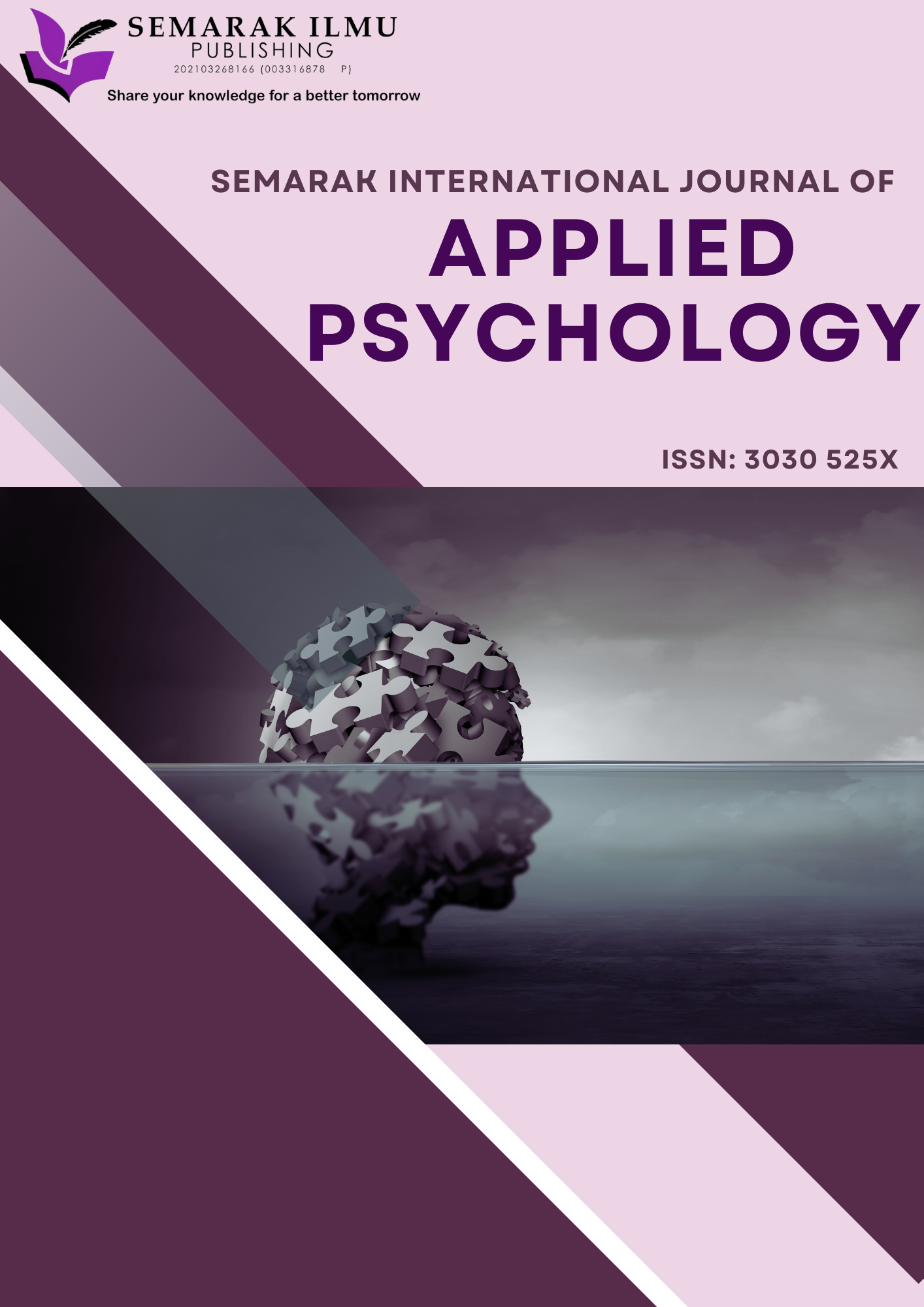Development and Validation of Motivational Instrument for Form Four Physics Students in Secondary Schools: An Exploratory Factor Analysis (EFA)
DOI:
https://doi.org/10.37934/sijap.1.1.111Keywords:
Exploratory Factor Analysis (EFA), motivation, studentsAbstract
Education is recognized as a dynamic, interactive process involving students, teachers, and the learning environment, where motivation plays a pivotal role in both academic achievement and personal development. This study aims to validate a motivation questionnaire derived from the adaptation of the Goal Orientation and Learning Strategies Survey (Goal-S 2004) and the Students’ Adaptive Learning Engagement in Science Questionnaire (SALES 2011). Utilizing Exploratory Factor Analysis (EFA), the questionnaire examines correlations, extracts factors, and rotates them. The motivation questionnaire comprises four sub-constructs: self-efficacy (SE), learning goal orientation (LGO), achievement goal orientation (AGO), and task value (TV). Involving 406 respondents, form four physics students from daily secondary schools in Perak, Negeri Sembilan, Kedah, and Kelantan, data analysis was conducted using Statistical Package of Social Sciences (SPSS) Version 29.0. Results indicate strong internal reliability (Cronbach's alpha = 0.951), surpassing the recommended threshold of 0.7. EFA reveals specific item representations: SE (9 items), LGO (6 items), AGO (4 items), and TV (8 items), with Eigenvalues exceeding 1. The Kaiser-Meyer-Olkin (KMO) value (0.929 > 0.6) confirms adequate inter-correlation among motivation construct items, supported by a significant Bartlett's Test (Chi-Square 9718.133, p < 0.05). The four factors collectively explain 72.54% of the variance. Overall, the study finds that the motivation questionnaire effectively measures its objectives, affirming its suitability for genuine research applications.
Downloads














